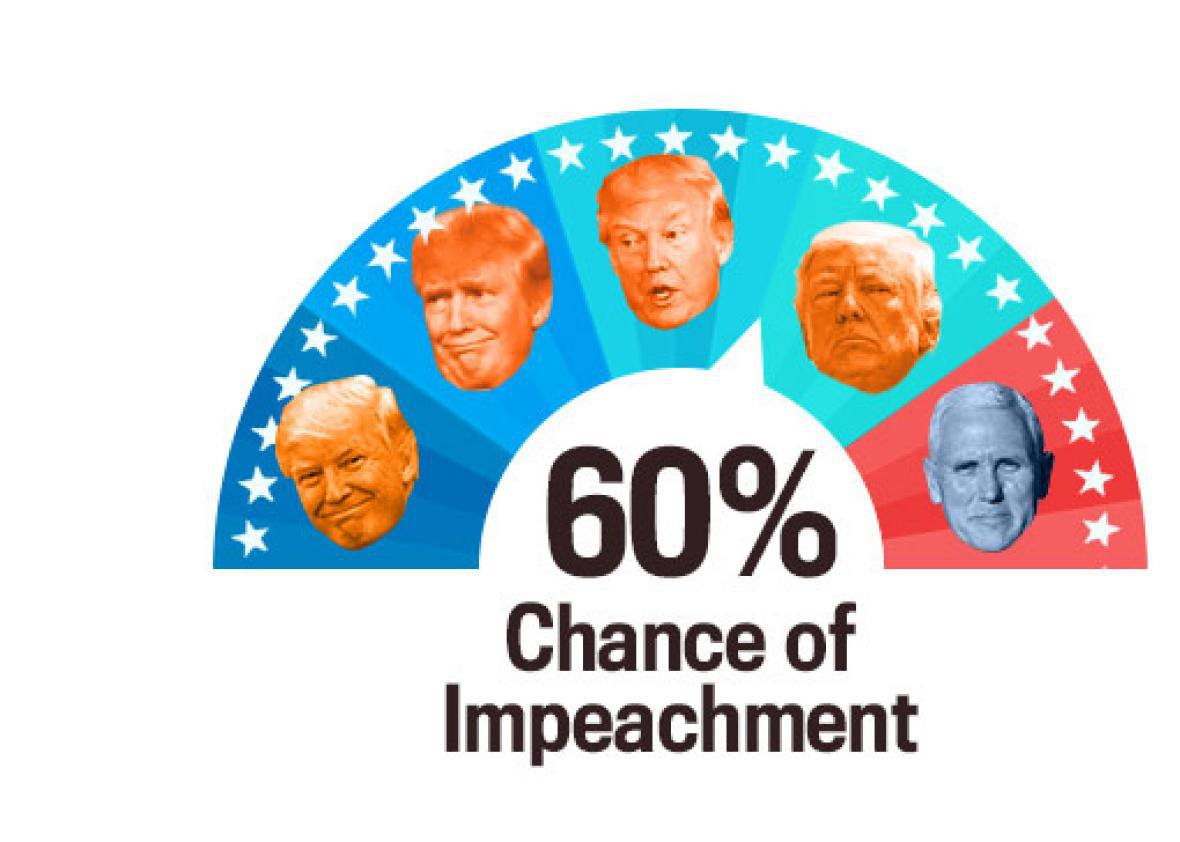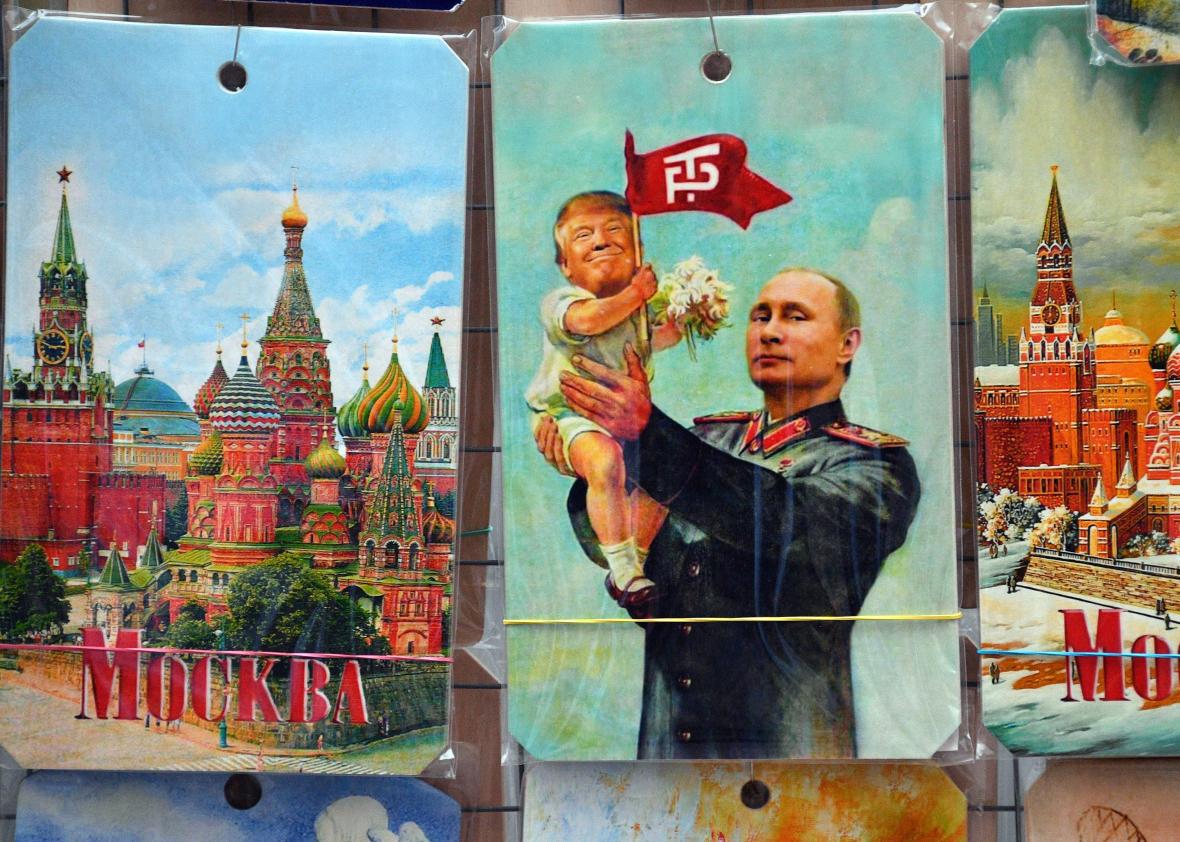After a month in which the news has been dominated by the president threatening nuclear war and publicly siding with white supremacists, it feels almost like a throwback to a more innocent time to see the Washington Post and the New York Times engaged in a volley of revelations about Trump’s Russia ties.
The Post started things off on Sunday by reporting that Trump’s company was still pursuing its long-held goal of building a Trump Tower in Moscow, even as Trump was running for president in late 2015 and early 2016. The Times responded today by printing excerpts of emails from Trump-associated real estate developer Felix Sater to Trump’s attorney and Trump Organization Vice President Michael Cohen in which he boasted of his ties to Vladimir Putin and suggested he could get the Russian leader to publicly support the deal. Sater suggested this would boost Trump’s chances of getting elected, which doesn’t make a whole lot of sense. The Post then fired back, reporting that Cohen had actually emailed Putin’s spokesman Dmitry Peskov—at Sater’s urging—in January 2016 asking for help in getting the development approved. This reporting is mostly based on documents the Trump Organization recently provided to Congress.
In any normal universe, these are very damaging stories—particularly the last one. Trump’s company was asking for the Russian government’s help in a real estate deal at the same time that Trump was the only candidate in the race praising Putin’s leadership and arguing for a closer relationship with Russia. It also shows that Sater, a violent ex-convict with Mafia ties who Trump has denied having an ongoing relationship with, was advising his company on strategy up until last year. It also contradicts Cohen’s statement in January 2016, the same month he was emailing Peskov, that he has “no Russian Kremlin connections.”
At this point, it’s not a huge surprise to learn that the Trump Organization has a brazen attitude toward conflicts of interest with foreign governments or some sleazy characters in its orbit. That was also pretty clear before he was elected president. What’s missing from these stories is any mention of hacking or Russian interference in the election, the main subject of the ongoing investigation.
The “Russia story” has in one sense already been proven true: Trump was praising Russia and promising a more pro-Russian foreign policy at the same time Russia was interfering in the election and Trump stood to gain financially from being in the Kremlin’s good favor. In another sense, it may never be proven true: There’s no definitive evidence yet that the Trump campaign authorized or had prior knowledge of Russian interference in the election and the latest stories don’t get us any closer to it. Which means that it’s still hard to imagine that the “Russia story,” and all the many subsidiary stories it encompasses, will be the thing that forces the president from office.
The impeach-o-meter holds steady:

